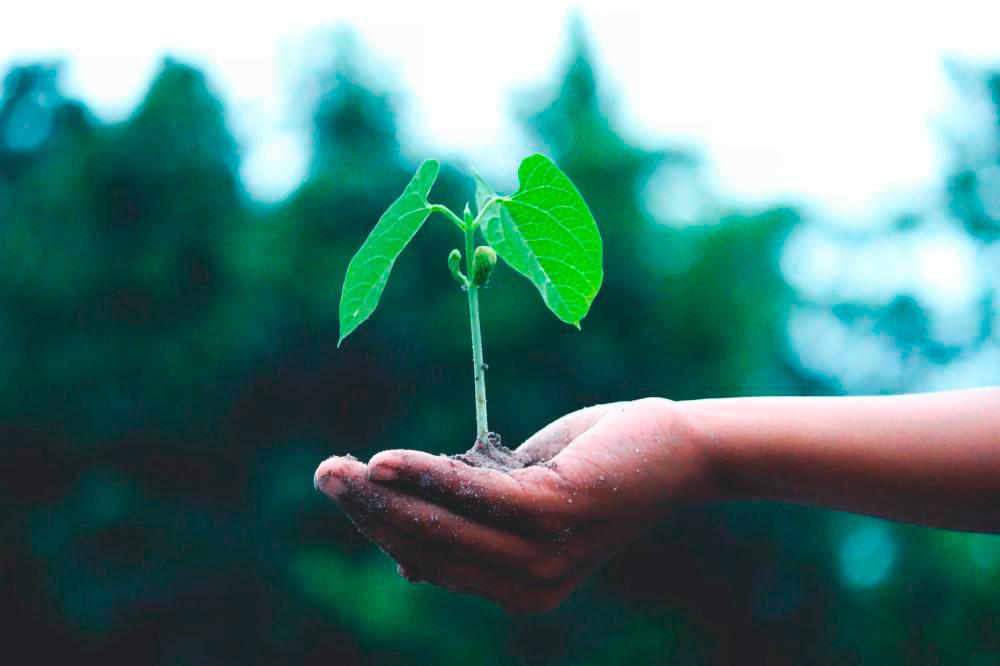IN conjunction with the Environmental Education International Day, celebrated on Jan 26 every year, the WWF-Malaysia (World Wide Fund for Nature-Malaysia) pledged continued commitment to strengthening environmental education to create a sustainable Malaysia.
This day marks the commitment of over 70 countries in support of environmental protection through education as part of the Belgrade Charter.
The 12th World Environmental Education Congress will take place in Abu Dhabi next week. WWF-Malaysia has nominated one of our youth champions, Mogesh Sababathy, to represent Malaysia as one of the panel speakers at this congress.
We believe in the power of environmental education in nurturing children’s appreciation and protection of nature. This served as one of the cornerstones for the introduction of WWF-Malaysia’s mobile education unit 45 years ago, which travelled around Peninsular Malaysia to reveal the wonders of nature to students.
We expanded our efforts by taking up the role of national operator of the Eco-Schools programme in 2011. This is a well-established international programme under the Environmental Education Foundation. We have inspired teachers and students, and over 300 schools across Malaysia have launched their sustainability initiatives.
In July 2022, WWF-Malaysia officially passed the baton of the national operator to our partner, the Green Growth Asia Foundation, which set a target of 1,000 eco-schools by 2025.
The need for change has never been more critical. WWF-Malaysia is expanding its aspirations by embracing the education for sustainable development approach.
Environmental Education (EE) and Education for Sustainable Development (ESD), often used interchangeably, have slight differences.
EE was established as an essential tool to foster a positive ecological relationship between humans and nature, while ESD was promoted to address the growing challenges of the planet while advancing as a society.
ESD is part of Unesco’s (United Nations Educational, Scientific and Cultural Organisation) education strategy and is also aligned with the 17 Sustainable Development Goals.
The values of Malaysia Madani emphasise the importance of local know-how in championing sustainability. We support this by empowering youths to know and value biodiversity and embrace nature-positive behaviours in our local context.
We leverage on experience accumulated over 50 years through our collaborations with government agencies, communities, civil societies and individuals across the country.
We acknowledge the importance of engaging with the Education Ministry to maximise the reach and impact of our efforts among students. Therefore, we are actively involved in the next education blueprint.
We are also incorporating continuous curriculum reviews and are working to infuse ESD values into extracurricular activities as encouraged in the Malaysia Education Blueprint 2013–2025. An example of this is our enduring partnership with Malaysia’s Scouts Association.
WWF-Malaysia has been working closely with the Education Ministry, Amanah Lestari Alam, the Sustainable Development Solutions Network, Green Growth Asia Foundation, academicians and other key players to form a national ESD network that will help reimagine ESD in Malaysia.
This is one of the ways that we are contributing to equipping educators with robust resources, enabling youths to actively participate in addressing global challenges.
By lending support as knowledge partners and advisors for youth-led sustainability initiatives within and beyond institutions of higher learning, WWF-Malaysia seeks to build the capacity of as many youths as possible, preparing them to tackle the challenges of tomorrow in their respective fields of work.
WWF-Malaysia also aims to invoke positive behavioural change among youths through our expert-led, capacity-building programmes, such as the digital Climate Communication Challenge in 2023 and the Eco-Champions Award, which will be relaunched this year. These programmes provide opportunities for youths to contribute to climate action in their ways, including using social media to spread awareness and bring their peers on board.
The desire to transform Malaysia into a sustainably developed country is apparent among the rakyat as evidenced by the growing number of sustainability initiatives.
No matter your background, Malaysians – youths, teachers, professionals, policymakers, corporate executives – we encourage you to reach out to WWF-Malaysia to transform Malaysia into a sustainable nation.
Together, we can optimise education as a powerful tool to enhance sustainable citizenship.
This article is contributed by WWF-Malaysia. Comments: letters@thesundaily.com









